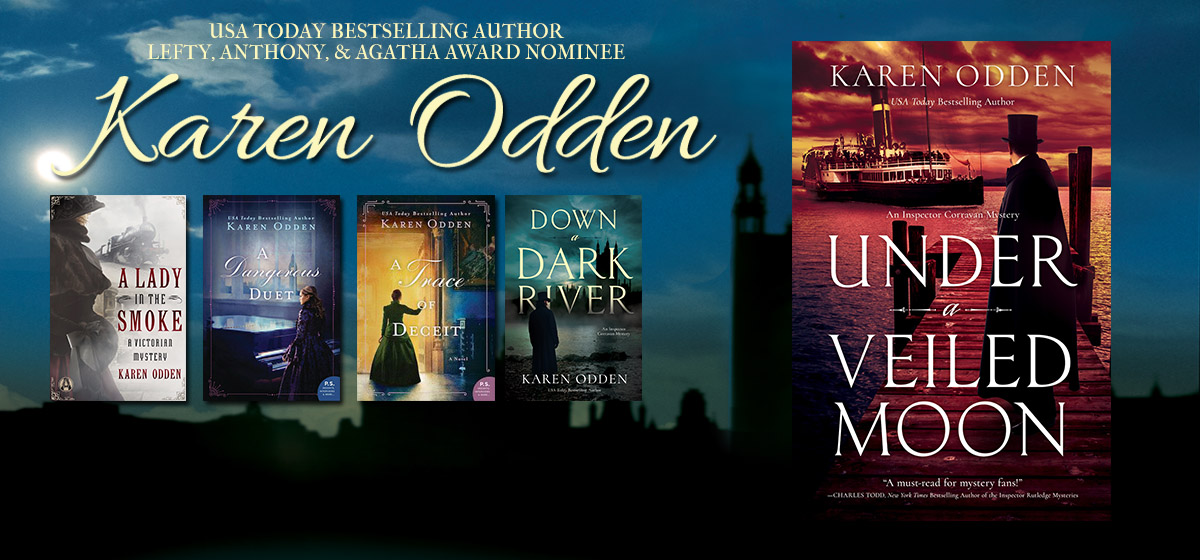The idea for my next novel, Down a Dark River, began with a story I read years ago about a white judge who had freed a white drunk driver who had run down and killed a black girl as she crossed the street. As you might expect, the article focused a good deal on the obvious racial aspect–the pernicious alliance ostensibly forged between the judge and the driver based on their race. But it occurred to me that there might be a different, less obvious issue at stake. As I reread the story, feeling the injustice of the trial’s outcome, and empathizing with the rage and pain of her family, I wondered, Would the judge have responded differently if someone he loved had been killed by a drunk driver? That is, would an experience of similar pain (one that would perhaps call up a natural empathy) have caused the judge to forge an alliance with the girl’s family that would trump that of race?
Clearly, no verdict could bring the girl back to life. But a guilty verdict would at least have provided the family with a sense that their daughter’s (taken) life had value, and that their tragic experience was recognized rather than callously disavowed. In the absence of that acknowledgement, how did the family feel–for were they wounded not once, but twice?
From there, my imagination took over with the “what ifs.” Would the father of the dead girl think about killing the judge’s daughter? (Does this make me twisted? Perhaps. But it doesn’t make me original, certainly. We’ve seen this plot before; the book that comes to my mind is John Grisham’s A Time To Kill.) The life-for-a-life sounds akin to the behavior of the kid on the playground who steals somebody else’s toy because somebody stole his first. But no matter what he does, the father can’t steal his daughter back from death. So is there something else going on? Maybe, at bottom, part of what would cause the father to take revenge is to make the judge understand his pain. Maybe there’s a logic of revenge that runs like this: If I can’t make you empathize with my pain through my words, I’ll make you feel it directly. I imagine that in cases where pain is acknowledged in the symbolic realm (in language), there may be less of a need to reenact, or recreate, it in the material one.
So no more spoiler. There’s lots of revenge … and eventually some empathy … in my next book.
